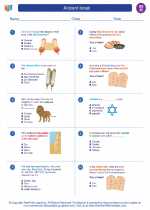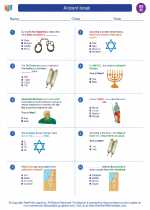Battle of Stalingrad
The Battle of Stalingrad, which took place from August 23, 1942, to February 2, 1943, was a major battle on the Eastern Front of World War II. It was a brutal and decisive confrontation between the German and Soviet forces, and it is often regarded as one of the turning points of the war.
Causes of the Battle
The German military leadership, under Adolf Hitler, sought to capture the city of Stalingrad (now known as Volgograd) in order to secure the southern flank of the German army and to weaken the Soviet war effort. The control of the city was also seen as a significant propaganda victory.
Key Events
The battle began with intense air and artillery bombardment by the German forces, followed by a massive ground assault. The Soviet Red Army, under the leadership of General Vasily Chuikov, fiercely defended the city, engaging in close-quarters combat and utilizing the city's ruins as defensive positions.
Turning Point
Despite initial German advances, the harsh winter conditions and the determination of the Soviet forces led to a protracted and bloody struggle. The Soviet counteroffensive, known as Operation Uranus, encircled the German 6th Army, leading to its eventual surrender in February 1943. This marked a major turning point in the war, signaling the beginning of the German retreat from the Eastern Front.
Impact
The Battle of Stalingrad resulted in immense casualties on both sides, with estimates of over two million military personnel and civilians killed, wounded, or captured. The Soviet victory boosted morale and demonstrated the resilience of the Soviet people and their military. It also dealt a severe blow to the German war effort and marked a shift in momentum in favor of the Allies.
Study Guide
- What were the causes of the Battle of Stalingrad?
- What strategies did the German and Soviet forces employ during the battle?
- What were the key events that led to the turning point in the battle?
- What was the impact of the Battle of Stalingrad on the course of World War II?
[Battle Of Stalingrad] Related Worksheets and Study Guides:
.◂Social Studies Worksheets and Study Guides Eighth Grade. Ancient Israel

 Worksheet/Answer key
Worksheet/Answer key
 Worksheet/Answer key
Worksheet/Answer key
 Worksheet/Answer key
Worksheet/Answer key
